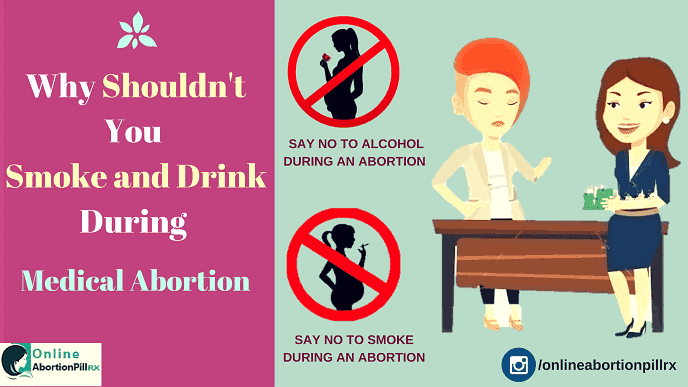What All You Need to Know About Polycystic Ovary Syndrome (PCOS)?
May 8, 2018 9:43 am Leave your thoughtsPolycystic ovary syndrome (PCOS) is growing to be an increasingly common disorder in women affecting their fertility adversely. It is, in fact, the most common cause of infertility. This makes it essential for every woman to know about it for a timely diagnosis and treatment.
What is PCOS?
It is a disorder of the female reproductive system caused due to hormonal imbalances. The functioning of the female reproductive anatomy is strictly regulated by hormones. The level and type of hormones secreted dictate the regularity and effectiveness of the menstrual cycle. This involves the governance of processes like ovulation, fertilization, implantation, etc. The hormones that coordinate for the regulatory steps also include androgens that are often misbelieved to solely be male hormones. Androgens play a key role in the hormonal cascade that leads to hair growth in public regions and underarms when puberty hits in both, males, and females.
Females with PCOS produce a higher-than-normal level of these and the release of eggs from the ovary is thus prevented. The kind of fertility so caused is, hence, also referred to as anovulatory infertility. Because there is no ovulation, the many ovarian follicles continue to mature and are accumulated over the time, leading to the formation of multiple ovarian cysts (fluid-filled follicular sacs).
If left unchecked, PCOS may progress to cause insulin resistance, diabetes, high cholesterol and cardiac diseases.
What are its symptoms?
- The direct effect of a high level of majorly-male hormones in the body is an increased growth of facial hair, a condition medically referred to as hirsutism.
- The disorder is also characterized by issues of the menses. Most women observe irregular periods (oligomenorrhea) or no periods at all (amenorrhea).
- PCOS may cause blood sugar disorders like the type 2 diabetes
- The first sign in most individuals with PCOS is usually obesity
The clinical manifestations observed partly depend on the predisposing factors. Genetic factors, the health of the uterus, early sexual maturity, all of these can vary your risk for the disorder and also the symptoms that are witnessed. The lifestyle-caused changes like obesity may exacerbate the underlying genetic predispositions and worsen the condition.
How is it diagnosed?
Despite being a disorder that prevails right from adolescence, what challenges the early diagnosis of PCOS is that most girls after their menarche experience anovulation. This makes the observation of multiple follicles in imaging techniques fairly common. The physiological features of puberty also overlap with the general symptoms of PCOS that has no characteristic ones.
Efficient diagnosis is, thus, through biochemical testing for abnormally excess levels of androgens in the female body (hyperandrogenism). It is, however, observed that applying adult criteria for the diagnosis of adolescents may cause psychological distress. Thus, the number of anovulatory cycles can be observed and correlated with clinical symptoms of increased androgen levels like acne and excessive pubic hair growth. Imaging techniques like an ultrasound can then be employed. This is essential to eliminate the possibility of other diseases caused due to the imbalances of the same hormones.
What are the treatment options for it?
There is no established cure for the PCO syndrome. The treatment options of the current day only aim at relieving the symptoms. Problems like acne or weight gains can be modified through lifestyle changes. Hormonal imbalances are usually treated by a combination birth control pill that artificially stabilizes the hormone levels. Other specific hormone-based drugs may be prescribed depending on your case.
Categorised in: Women Health
This post was written by Marcella











